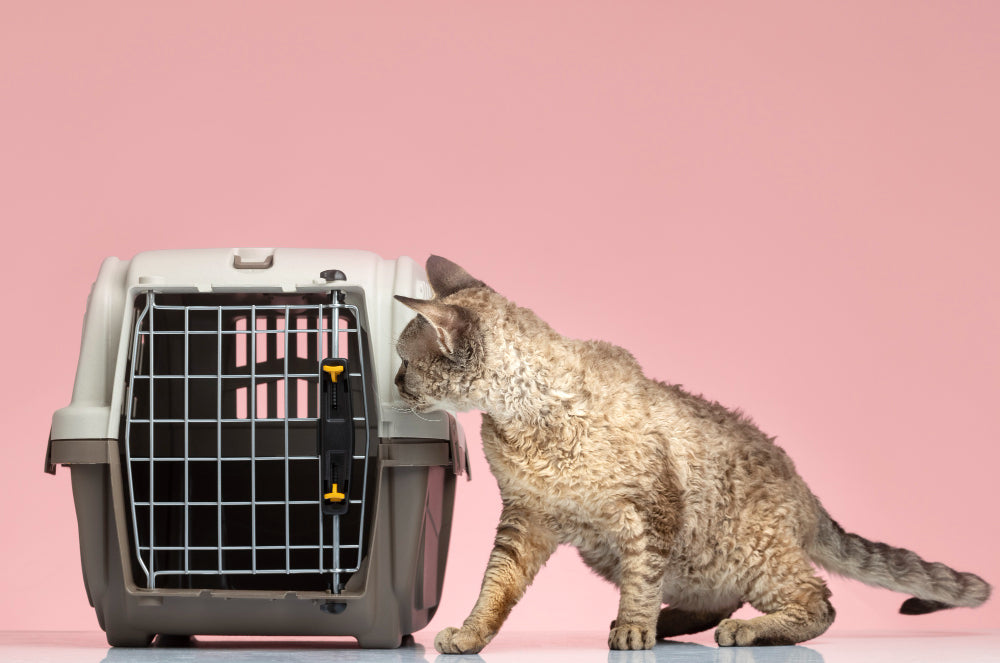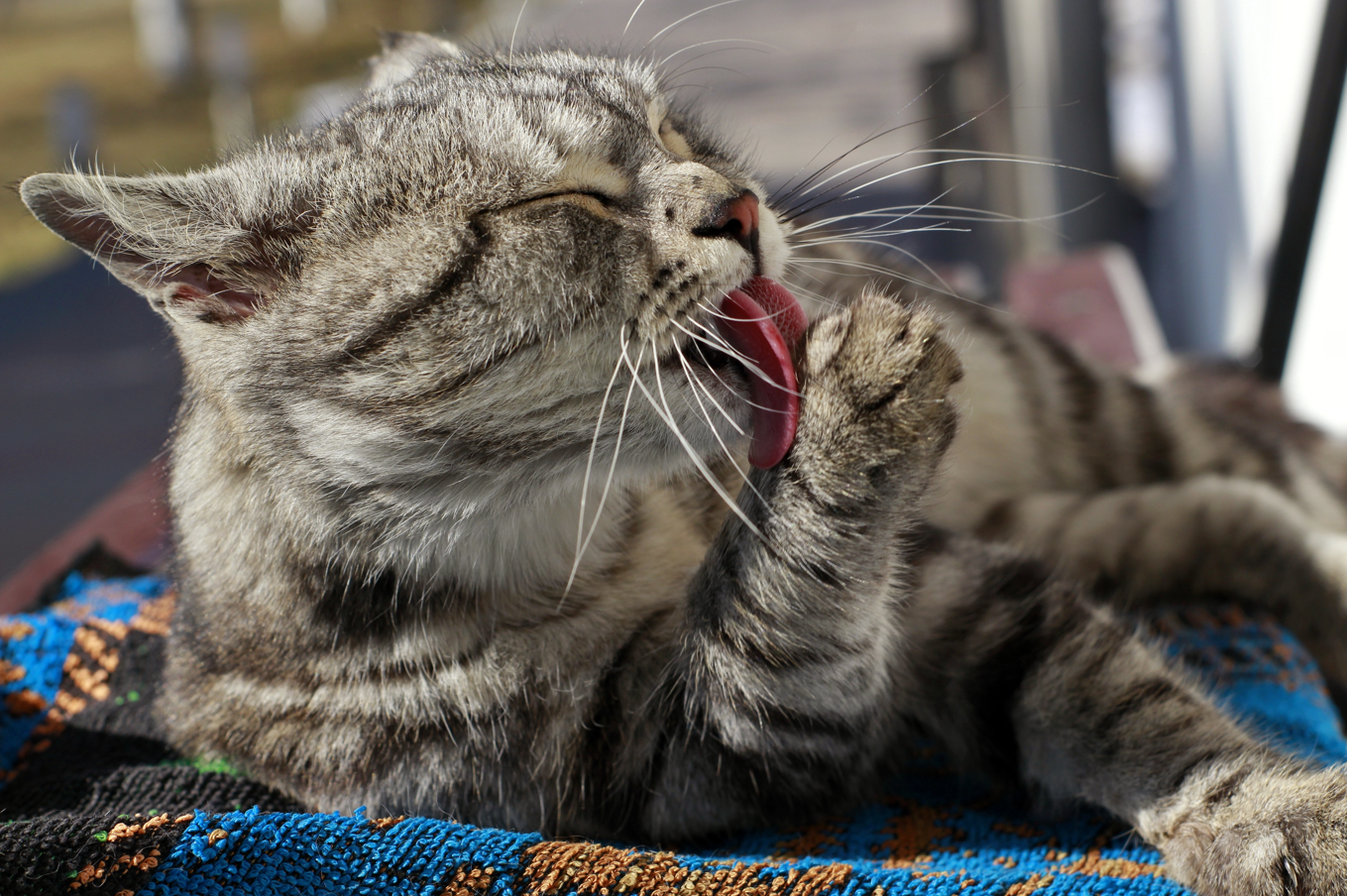
Toxic substances for dogs and puppies: What you need to know
, by Michael van Wassem, 6 min reading time

, by Michael van Wassem, 6 min reading time
Owning a dog or puppy is a wonderful experience, but it also comes with responsibilities. One of the most important aspects of dog ownership is ensuring your home and surroundings are safe for your furry friend. Many everyday things that are harmless to us can be poisonous or even fatal to dogs. In this blog, we discuss the most common dangers, what you can do to prevent them, and why it's crucial to contact a veterinarian immediately if you suspect poisoning. We've also added unique insights you won't find anywhere else.
Important: Always consult a veterinarian if you suspect poisoning. This blog is for informational purposes only and does not replace professional veterinary advice.
Chocolate contains theobromine, a substance that is toxic to dogs. The darker the chocolate, the higher the theobromine content and the more dangerous it is. Symptoms of chocolate poisoning include restlessness, vomiting, diarrhea, and in severe cases, heart problems. Even the smell can attract dogs, so store chocolate properly.
Grapes and raisins: Grapes and raisins can cause acute kidney failure in dogs, even in small amounts. Some dogs may be more susceptible than others, but don't take any chances. Symptoms can range from lethargy to vomiting and diarrhea.
Onions, garlic, and chives: These foods contain substances that can damage the red blood cells of dogs, leading to anemia. Even onion powder, which is often found in snacks, can be dangerous.
Xylitol is an artificial sweetener commonly found in sugar-free chewing gum, candy, and toothpaste. In dogs, it can cause a dangerous drop in blood sugar, leading to weakness, seizures, and even liver failure. Even a small amount is lethal.
Nuts Some nuts, such as macadamia nuts, are particularly toxic to dogs. They can cause weakness, vomiting, tremors, and fever. Walnuts and pecans may contain molds that produce toxins.
Milk and dairy products: Many dogs have difficulty digesting lactose, which can lead to diarrhea and stomach upset. While a small amount of cheese or yogurt is usually harmless, it should be limited.
Raw meat and fish can contain parasites and bacteria that are harmful to dogs. Fish such as salmon can carry a specific parasite that causes serious illness if not properly cooked.
Lilies While some types of lilies are more toxic to cats, they can also cause stomach upset in dogs. Keep them away from the flowers, pollen, or leaves.
Oleander This plant is extremely poisonous and can cause heart rhythm disturbances, vomiting, and in severe cases, death. Even water in which oleander has been placed is dangerous.
Aloe Vera: Although often used as a medicinal plant, the latex in aloe vera can cause diarrhea, vomiting, and lethargy in dogs.
Yew This popular shrub is poisonous in all its parts. Symptoms include difficulty breathing, muscle tremors, and even cardiac arrest.
Hydrangea Hydrangeas contain cyanogenic glycosides, which can cause stomach upset, vomiting, and diarrhea.
Foxglove This beautiful garden plant contains substances that can disrupt the heart rate of dogs. Symptoms include vomiting, disorientation, and heart problems.
Rhododendron and Azalea: Both plants contain grayanotoxins, which can cause vomiting, diarrhea, and in severe cases, heart failure.
Chrysanthemums: These common flowers contain pyrethrins, which can cause stomach upset and lethargy in dogs.
Cleaning products Many cleaning products contain chemicals such as ammonia and bleach. Even the fumes can be harmful. Choose animal-friendly alternatives.
Antifreeze Antifreeze contains ethylene glycol, a substance that tastes sweet but is extremely poisonous. Store antifreeze safely and regularly check your garage for leaks.
Essential Oils While popular in aromatherapy, many essential oils are toxic to dogs. Tea tree oil, for example, is highly harmful and can cause skin irritation, vomiting, and respiratory problems.
Candles and air fresheners: Some scented candles and air fresheners contain chemicals that can be harmful to dogs' respiratory systems. Avoid products with strong fragrances or harmful substances such as formaldehyde.
If you suspect your dog has ingested something poisonous, contact a veterinarian immediately. Try to determine what your dog ate and how much, and bring the packaging with you if possible. Time is crucial in cases of poisoning, so don't hesitate to act quickly. Symptoms can range from vomiting and diarrhea to seizures, breathing problems, or unconsciousness.
Keep hazardous items out of reach. Make sure food, cleaning supplies, and plants are stored safely where your dog can't get to them.
Be alert during walks. Dogs are curious and sometimes eat things off the ground. Keep your dog on a leash in unfamiliar places.
Train your dog to obey commands. A well-trained dog that understands "leave it" or "drop it" is less likely to eat something dangerous.
Use safe products. Choose dog-friendly cleaning products and safe chew toys.
By being aware of these dangers and making your home safe, you can provide your dog with a healthy and happy environment. Do you have any tips or experiences with poisonous substances and dogs? Let us know in the comments or send us a message! Remember: If in doubt, always contact your veterinarian!


